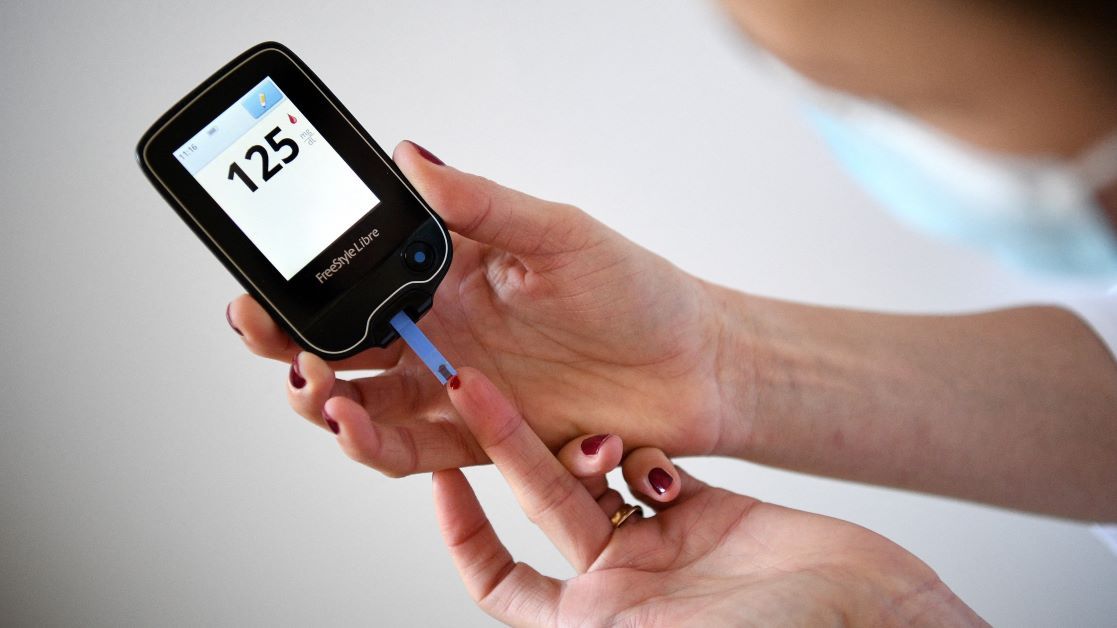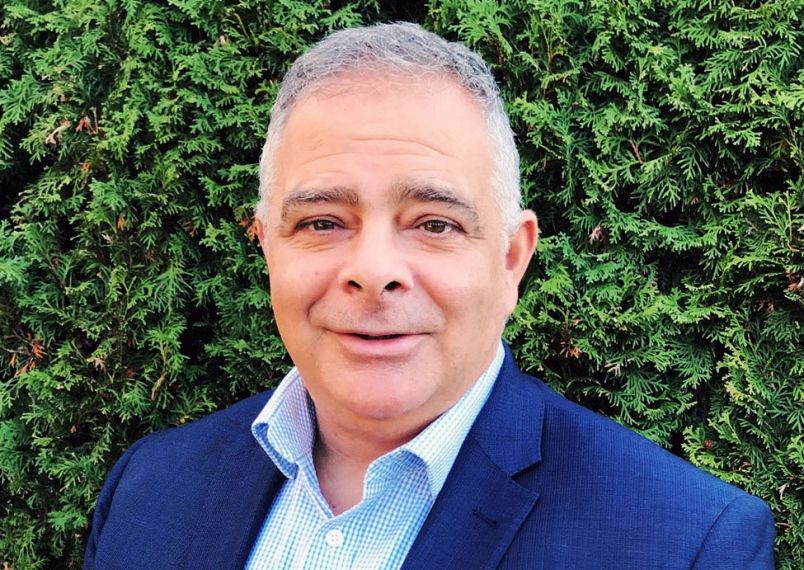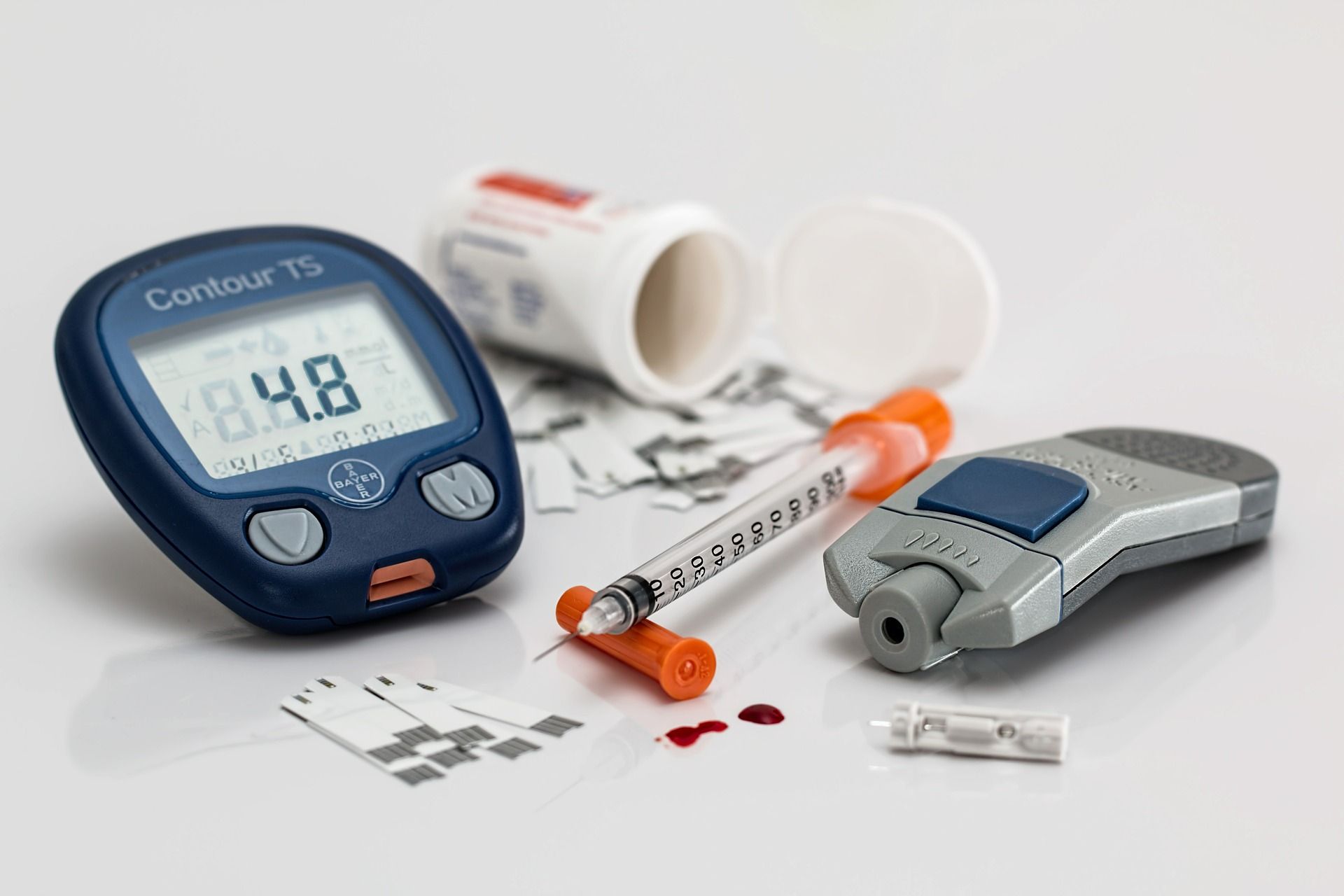diagnosed with type 2 diabetes: managing treatments, support and resources
knowing what lies ahead, understanding your treatment options, and being aware of the supports available can help ease your unease.
doctor's orders: a normal life with type 2 diabetes is 'doable'
there's a lot of good news when it comes to managing type 2 diabetes, says dr. christine ibrahim, including medication options, easier monitoring and research.
diabetes in canada: stats, facts and figures
it is estimated that nearly 12 million canadians have diabetes (type 1, type 2 or prediabetes combined) although many are unaware of their condition. this number represents roughly 29 per cent of the population.
 7 minute read
7 minute read























